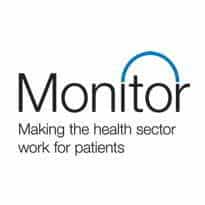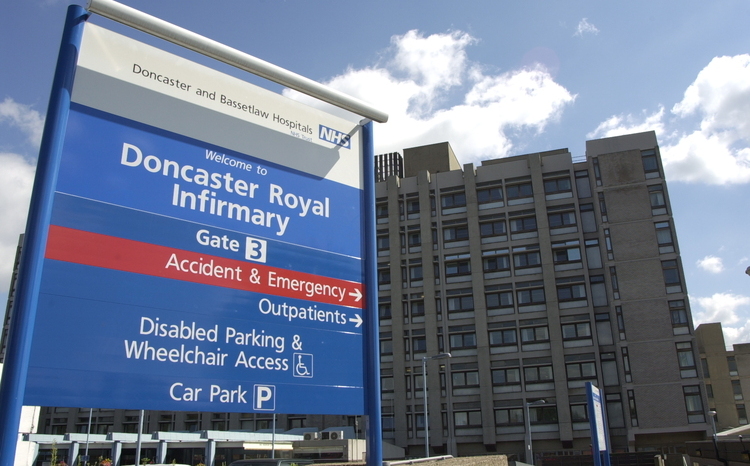Trusts must back integration – Monitor
- 20 January 2015

Failing to share health and social care records or care plans might be evidence of a breach of the new integrated care condition of the NHS provider licence, according to a consultation by Monitor.
The licence is the main tool that Monitor has to regulate trusts and other providers, and contains a specific requirement for them not to block integrated care if it improves efficiency, quality, or outcomes.
This follows on from the duty that the regulator was given in the Health and Social Care Act 2012 to enable the integration of services where this is in the interest of patients.
Toby Lambert, director of strategy and policy at Monitor, said in a statement: “Patients want the NHS to be joined up, with providers of health services working together to deliver the best care possible.
“Providers must not stand in the way of integrating care, and we are clear that if they do, we will use the regulatory powers that we have.”
The consultation says the aim of the new condition is to make sure that licensed providers “do not act in a way that could be reasonably regarded as against the interests of healthcare users, by being detrimental to enabling integrated care.”
It gives as an example an acute trust trying to block a neighbouring trust working with a scheme to keep frail, elderly people out of hospital, because this would reduce its own admissions.
Monitor will be able to investigate potential breaches that are reported to it; passing on its findings to the Trust Development Authority, if the provider concerned is not a foundation trust.
The consultation goes on to give examples of what might be considered good practice, and “behaviours that could constitute a licence breach.”
Among these, it lists “not working constructively with other health and care bodies”, not supporting handovers and transitions “or sharing health and care records” and not supporting multi-disciplinary team working.
Monitor was set up as a foundation trust regulator, but looked set to become a market regulator as result of the ‘Liberating the NHS Reforms’ drawn up by former health secretary Andrew Lansley.
The reforms would have given it a remit to guard against ‘anti-competitive practices’, but this was watered down during the row over the plans and the delayed passage of the Health and Social Care Act 2012.
The regulator now seems to be moving with a shift in government policy away from using competition and choice to try and improve services, to promoting integration to help the health and social care systems cope with the pressure on them.
A number of healthcare communities are now running projects to join up hospital, community and primary care, while care minister Norman Lamb has supported the creation of 14 ‘integration pioneers’ to join up health and social care and avoid hospital admissions.
In the documents issued alongside the consultation, Monitor sets out to show it is right behind these moves.
Guidance says situations that might lead to action from the regulator include providers failing to work with commissioners “to identify how local services can be better co-ordinated”, and impeding projects by with-holding care plans and hand-over notes.
Monitor is looking for feedback, and the consultation closes on 13 February at 5pm.




